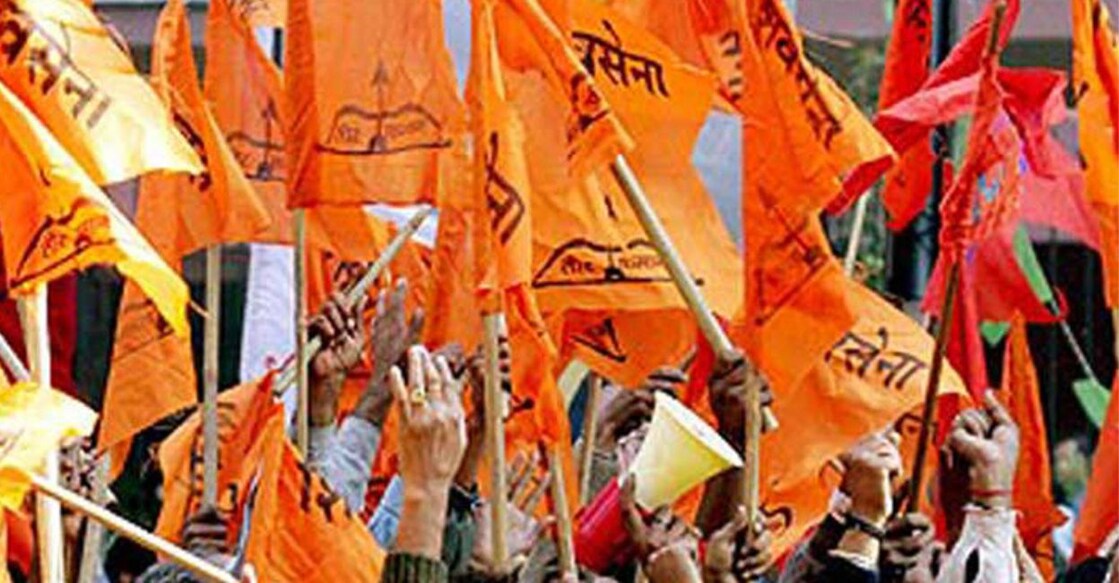Can't restore Thackeray govt as it did not face floor test, Governor erred: Supreme Court

Mail This Article
New Delhi: The Supreme Court on Thursday observed that it cannot order the restoration of Uddhav Thackeray government as the latter resigned as Maharashtra Chief Minister without facing a floor test, though Governor's decision for the floor test and Speaker appointing whip of Eknath Shinde group were wrong.
"Status quo ante cannot be restored as Mr Thackeray did not face the floor test and tendered his resignation. Hence the Governor was justified in administering oath to Mr Shinde with the support of the largest party. BJP," the court said.
The apex court added that the Governor's decision for a floor test and Speaker appointing whip of Eknath Shinde group were wrong.
"Neither the Constitution nor the law empower the Governor to enter the political arena or play a role either in inter-party or intra-party disputes," the SC observed.
The Supreme Court was hearing the cross-petitions filed by the Uddhav Thackeray and Eknath Shinde factions of the Shiv Sena pertaining to the 2022 Maharashtra political crisis and a verdict was expected Thursday.
A five-judge constitution bench headed by Chief Justice DY Chandrachud delivered its verdict on pleas related to the political crisis that led to the fall of the three-party Maha Vikas Aghadi (MVA) government led by Uddhav Thackeray following a revolt by Shinde.
As per the cause list published on the Supreme Court's website, a single judgement was to be pronounced by Justice Chandrachud.
On March 16, the top court reserved its verdict on the pleas after lengthy arguments from both sides that went on for nine days starting February 21.
On the last day of the hearing, the top court had wondered how it can reinstate the Uddhav Thackeray government when the chief minister had put in his papers even before facing the floor test, after the faction led by him pitched for setting aside the governor's June 2022 order to the CM for a trial of strength in the House.
The Thackeray faction made vehement submissions before the court urging it to "turn back the clock" and restore the "status quo ante" (previously existing state of affairs) as it had done in 2016 when it reinstalled Nabam Tuki as the chief minister of Arunachal Pradesh.
The bench, also comprises Justices MR Shah, Krishna Murari, Hima Kohli and PS Narasimha.
The Uddhav Thackeray faction was represented by senior advocates Kapil Sibal, AM Singhvi, Devadatt Kamat and advocate Amit Anand Tiwari, while the Shinde camp was represented by senior advocates Neeraj Kishan Kaul, Harish Salve, Mahesh Jethmalani and advocate Abhikalp Pratap Singh.
Solicitor General Tushar Mehta represented the office of the governor.
On February 17, the top court had declined to refer a batch of pleas related to the Maharashtra political crisis triggered by a split in the Shiv Sena to a seven-judge bench for reconsideration of the 2016 Nabam Rebia judgement on Arunachal Pradesh.
The 2016 judgement dealt with powers of the assembly speaker and ruled that he/she cannot proceed with pleas for disqualification of MLAs if a prior notice seeking the speaker's removal is pending before the House.
On June 29, 2022, at the height of the Maharashtra turmoil, the apex court had refused to stay the governor's direction to the 31-month-old MVA government led by Thackeray to take a floor test.
Sensing defeat, Thackeray resigned, catapulting to power a Shiv Sena-BJP dispensation led by Shinde.
On August 23, 2022, a three-judge bench of the top court headed by then chief justice N V Ramana had formulated several questions of law and referred to the five-judge bench petitions filed by the two Sena factions which raised several constitutional questions related to defection, merger and disqualification.
In a blow to the Thackeray bloc, the Election Commission had earlier this year declared the Shinde faction as the real Shiv Sena and allotted it the bow and arrow symbol of the party founded by patiarch Balasaheb Thackeray.
(With PTI inputs)

